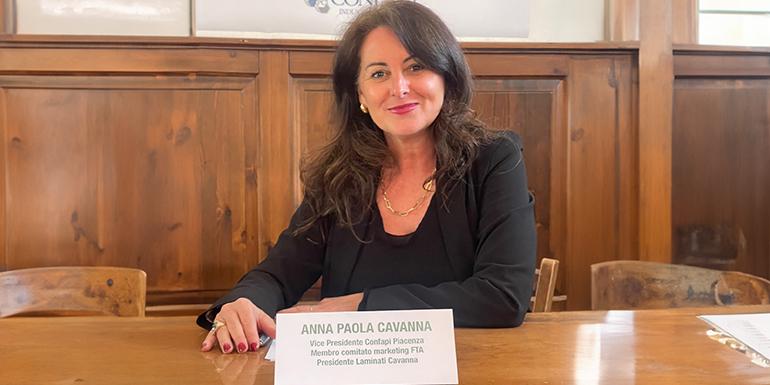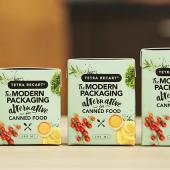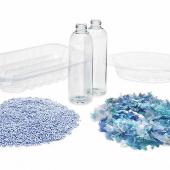Anna Paola Cavanna: “Measuring sustainability with a view to growth”
The chairwoman of Laminati Cavanna: “Our sector has been committed for a number of years to reducing the impact of packaging, aware of how strategic the sector can be with regards to both the climate crisis and environmental pollution”.
With Laminati Cavanna, we move on to the world of flexible packaging, starting from the point of view of a leading contractor in the plastic film bonding and lamination market. The chairwoman, Anna Paola Cavanna, who also holds an active position with responsibility for sustainability as vice chairwoman of Confapi Piacenza, focuses her observations on the impact of the new Regulation both on production and on the economy of different territories

«What worries me about the new version of the Regulation is the impact on the market - Anna Paola Cavanna begins – given that it seems that an idea of sustainability has been applied that considers only one of the pillars, the environmental one, putting social and economic aspects in second place.
Our sector has, of course, been committed to reducing the impact of packaging for years, aware of how strategic the sector can be with regards to both the climate crisis and environmental pollution. Looking at the economic impact, the quantity of material released for consumption has, in fact, been affected, an aspect that inevitably has consequences on those who produce primary and secondary packaging. It should be pointed out that flexible packaging, being lighter, has for some time been at the centre of choices based on sustainability, including weight reduction, new materials, recycling and sometimes even reuse strategies. In my opinion, what is missing is a standard for measuring sustainability, not only in packaging, but in all the contexts in which this issue is relevant. Aiming towards LCA analysis, accurately measuring the impact along the entire supply chain, would shift the weight of decisions in a more rational direction. It’s a choice that we have made in the company with the new plant which, thanks to the recovery and reuse of acetate and to the water chiller, we not only generate a circular economy, selling the waste liquid, but we have also saved the transport of over 50 trucks in a year.
The new 4.0 and 5.0 paradigms have strongly pushed in this direction and the position of the Commission, which plans to observe the technical development of bio-materials, seems to me to be a positive approach to working on sustainability, without strangling a production sector that, once closed, would struggle to recover, considering that emerging countries are increasingly competitive, also in relation to more technically advanced solutions. It’s important to underline, in fact, that while Europe is aiming to be increasingly virtuous, much imported material can enter the market at lower prices thanks to less stringent regulations to which the products are subjected. It’s an economic policy question on which to seriously reflect. ».





















